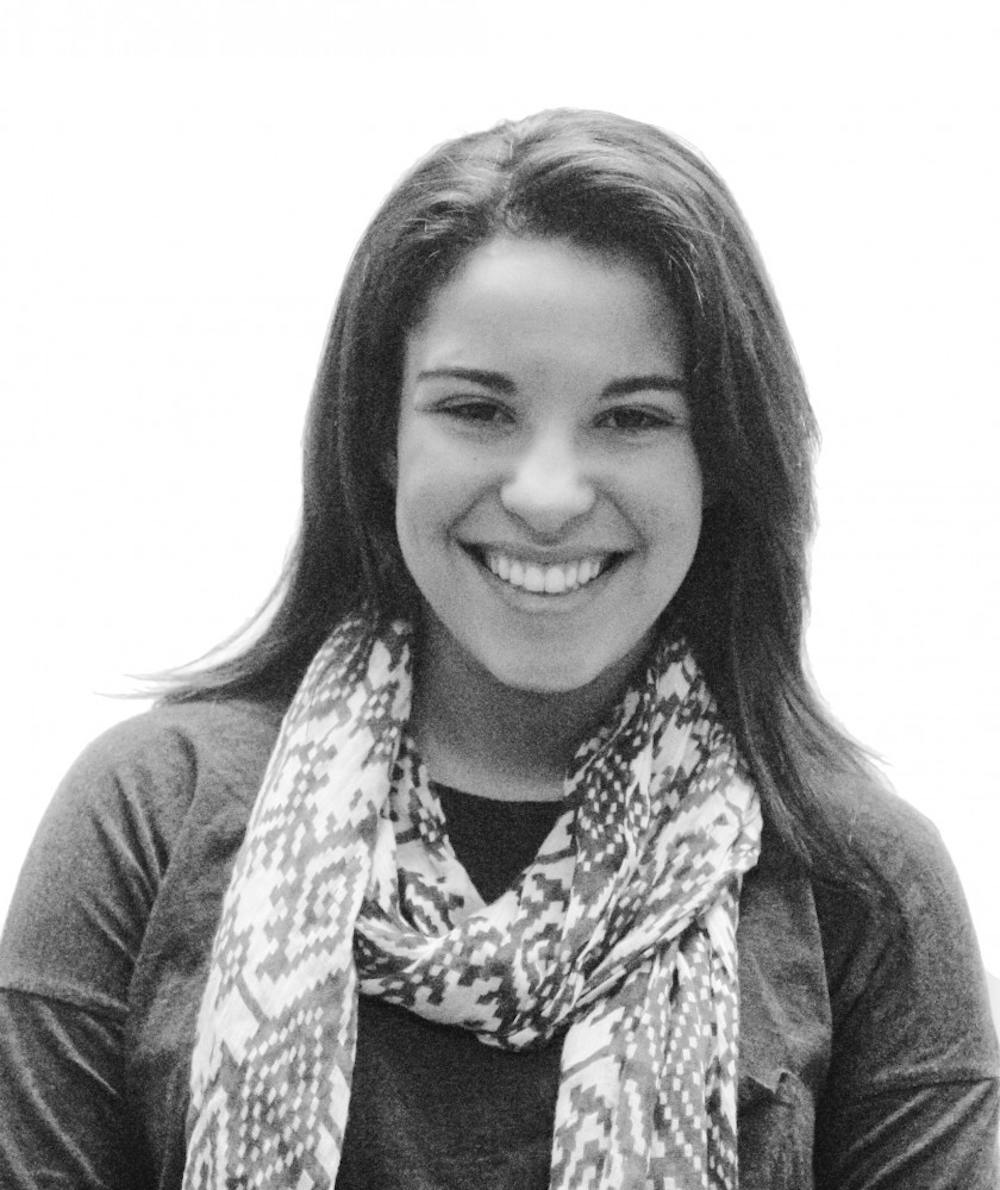At Princeton, it is widely professed and strongly emphasized that it is all right to be undecided during your first two years of study. As a freshman and then sophomore with conflicting passions and divergent skills that did not seem to fit neatly into any singular area, I took this mantra to heart. Thus explains my brief love affair with American politics and a momentary brush with psychology. I tried audio journalism with the vague notion that my future could very well include a job at NPR and found it most certainly did not. I entered several classes with the optimistic conviction that this would be the semester I found the field or the topic that would propel me in the direction of some one true passion I had yet to recognize.
Unfortunately, I was more successful in finding things I did not want to do than things I did. But, as my mother never failed to remind me, knowing what you don’t like can be just as important as knowing what you do, so these were not wasted credits, but chances for self-exploration. The joy of a liberal arts education is that one can afford to study broadly — take courses that intrigue and excite —without being limited to one department from the outset. It was this freedom that, in large part, made my decision to come to Princeton so easy. Here, I could be undecided and be successful all the same.
And this is true. But not entirely true. The philosophy should be marked with an asterisk. The fine print — which only as a junior do I realize is tacked to the worn, optimistic phrase — should read, “It is okay to be undecided, but it is better to figure it out early.” It seems a rather obvious point but nonetheless one that is constantly brushed aside in favor of creating a comforting, albeit idealistic, environment for the indecisive freshman. In reality, prerequisites, departmental requirements and funding for independent study become much easier to accomplish given the advantage of time, and this should be made clear early on.
The consequence of my years of “exploration” became quite clear this past semester in planning to apply for the Creative Writing thesis through the Lewis Center for the Arts. The Lewis Center’s Program of Study states, “Candidates for the certificate normally take two 200-level courses in creative writing by the end of sophomore year and two 300-level courses by the end of junior year…” This demands that a student know by mid-way through the second semester of his freshmen year — when the application process for the following semester’s courses takes place — that he would like to apply for a Creative Writing thesis two years later. The website does say that “a portion of this requirement may be waived in unusual circumstances,” but the fact remains that students who did know they were planning to pursue Creative Writing right away look far better among the applicant pool. Unfortunately, my late entrance into the program in the fall of my sophomore year combined with my semester abroad and, sadly, a rejection from CWR 345: The Writer's Room prevented me from fulfilling even three of the four required courses, and I decided not to apply. At first, I considered my situation a unique one, but in talking to other students with Creative Writing aspirations it became clear that many had not been able to complete the thesis prerequisites and were, thus, concerned about the strength of their application or did not apply at all.
And the issue is not limited to academic departments. When applying for research funding, students must cite their qualifications, including past coursework. Students who have been working toward a topic or within a specific field beginning early in their Princeton career are certainly better off than those who spent their time studying disparate topics that may not be applicable to one eventual focus. The system perpetuates a self-fulfilling cycle in which those who began their journeys early have the most experience, therefore qualify for courses or funding that allow them to explore their specific interest further, thus gaining more experience and thus being more qualified for the following year’s funding application, and so on.
If the University wants to encourage freedom to explore as an underclassman, then it must either do away with limiting prerequisites and qualifications or, more realistically, be honest with its students. In truth, I was always going to be an English major. My exploring had to do more with finding what my older relatives refer to as a “practical major” and avoiding English, rather than being completely directionless. I just simply was not 100 percent sure of that decision and I was looking for some sort of certainty. However, the fact of the matter is I wasn’t 100 percent sure two years later when it came time to actually choose the major either. But I do believe that if someone had frankly explained early in my academic career that a firm decision early in my studies would be put me in better standing for the future, I would have picked my path much sooner.
Of course, there are those who do need that time of exploration to find their passion and I by no means want to strip these students of that opportunity. The liberal arts system does not need to adopt the British model of selecting a track immediately upon acceptance to be a more effective one. However, it does need to do away with an idealistic, enabling mantra that does not hold up entirely in the long run. For underclassmen — like myself only two years ago — who have some semblance of their path but are afraid to narrow their track prematurely, some frankness may save them a rude awakening further down the line.
Chelsea Jones is an English major fromRidgefield, Conn. She can be reached at chelseaj@princeton.edu.









